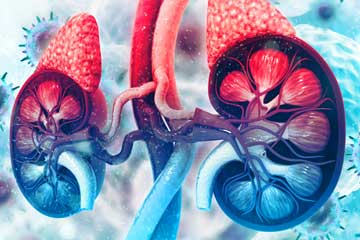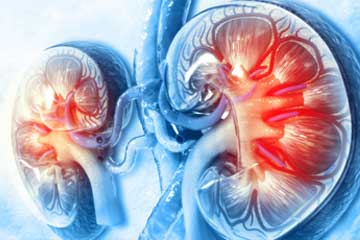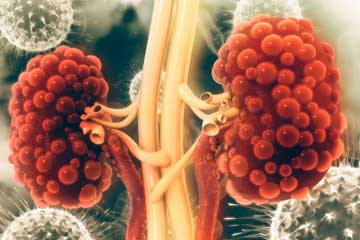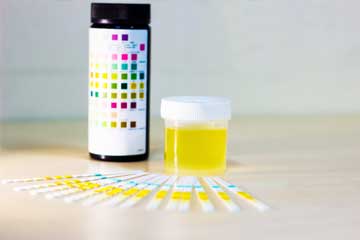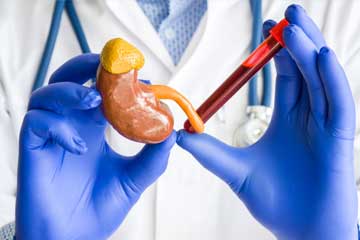What is Acute kidney Disease?
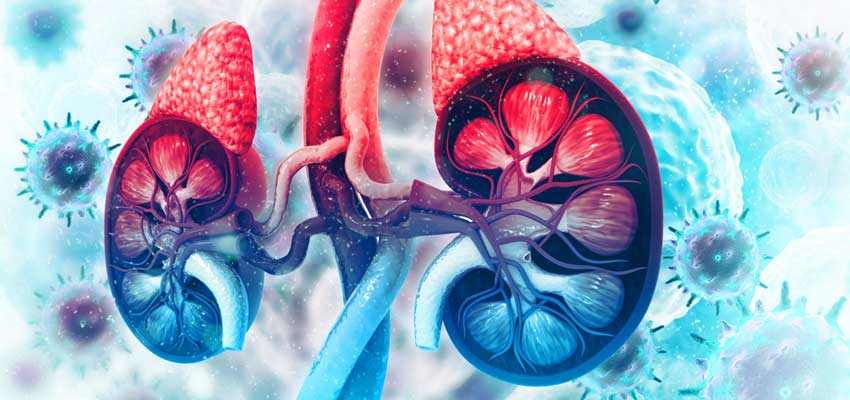
Doctors often refer to Acute Kidney Failure as AKD; it is the condition, the occurrence of which results in unforeseen damage to the kidneys. The elimination of excess salts, fluid, and the waste produced because of the chemical reactions that take place inside, is the core work of the kidneys. Acute kidney disease results in the accumulation of body fluid to dangerous levels and disturbance in the electrolyte balance, which can be life-threatening for individuals.
Sometimes, acute kidney disease is common in people who are already under hospital supervision. The condition only takes a few of the days to weeks to become threatening, and so it is critical to go for the right treatment approach if you want to recover possibly soon.
What are the signs and symptoms of acute kidney disease?
There are some signs that can help to know if your kidney function is low or accurate, but you may not notice them right away.
However, the possible signs that may help you out are:
- Not enough urine: When the kidney function changes, the first thing that gets impacted is your urination process. Since the filters of the kidneys get damaged, you may have frothy urine because of the presence of protein.
- Dizziness: When the kidney function declines, you feel weak and low in energy with a puckish feeling.
- Swelling: Fluffiness can also be a sign when the fluid starts to retain in the cells and tissues instead of elimination.
- Changes in the mental status: This happens because of the condition called anemia, which creates confusion in mind and makes you puzzle with low memory, especially in older adults.
- Malnutrition: When the kidney function declines, the body may feel incapable of digesting what you eat while some also feel appetite level reaching poor levels. Thus, malnutrition occurs when your body’s requirements are not met.
- High blood pressure: High blood pressure is the sign as well as the underlying cause of kidney disease. When the waste accumulates in the bloodstream, the blood finds it difficult to transmute and flows with so much pressure.
- Chest pain: When waste builds up at the lining of the heart and the lungs, this may result in chest pain.
If you have severe acute kidney disease, you may have a seizure or coma. Immediately contact your doctor if you notice any such signs.
What are the causes of acute kidney disease?
Acute kidney disease happens when the kidney suddenly loses its function. The destruction of the kidney function is caused by conditions such as:
Loss of blood flow to the kidneys: Your kidneys need continual blood flow for sifting waste, in the absence of which, the kidneys in the worst scenario may fail ultimately.
Such situations include:
- Decreased blood pressure
- Continuous internal or external bleeding
- Severe diarrhea
- Heart attack
- A sudden stroke
- Infection
- Liver failure
- Using NSAIDs such as aspirin, or ibuprofen
- Serious burns
- Drinking not enough water for a time
- Severe allergic reaction
Direct damage to the kidneys: A few of the situations can impact your kidneys in the first place
- Blood lumps in or around the kidneys
- Diseases that affect the kidneys, such as glomerulonephritis and lupus
- Certain medicines, such as some chemotherapy drugs, antibiotics and contrast dyes used during CT scans, and other imaging tests
- Alcohol or drug misuse
- Some blood or blood vessel disorders
- Hemolytic uremic syndrome
- Idiopathic thrombocytopenic thrombotic purpura (ITTP)
- Malignant hypertension
- Transfusion reaction
- Scleroderma
Occlusion of the urinary tract: Some situations also result in urinary tract obstruction resulting in acute kidney disease.
- Some cancers
- Blood clots in or around the kidneys
- Kidney stones
- Bladder problems
- Enlarged prostate (in men)
The diagnosis of Acute Kidney Disease increases if you are an older person with the following risk factors:
- Kidney disease
- Liver disease
- Diabetes, especially if it’s not well controlled
- Morbid obesity
Diagnosis of Acute Kidney Disease
If you have acute kidney disease, you may notice generalized swelling arising because of fluid retention. Along with some kidney function tests, the doctor may also do some physical tests using a stethoscope, to notice any crackling in the lungs. Such sounds can check for the waste at the linings of the lungs.
Some kidney function tests that are normally done are as:
- Blood Urea Nitrogen: For the measurement of urea nitrogen in the blood
- Serum sodium: To check for the sodium in the blood
- Serum potassium: Too much potassium in the blood can indicate unhealthy kidneys
- Urinalysis: To diagnose protein in the urine
- Creatinine clearance:
- EGFR: Estimated glomerular rate for the measurement of kidney function
What are the complications of acute kidney disease?
A few of the comorbidities you may face with acute kidney disease are:
- Chronic kidney disease
- Heart damage
- Nervous system damage
- End-stage renal failure
- High blood pressure
Prevention of acute kidney failure
Preventing and treating illnesses that can become the risk factor for AKD is the best way to curb out kidney failure. Upon learning that your kidney function is low, make sure to change a few of your lifestyle habits and do regular physical exercise (not intense one). Talk to your doctor and take the help of a dietician who can suggest a decent diet to avert kidney failure. A diet is a healthy component of acute kidney disease treatment in Ayurveda!
Get your kidney function tests now!

